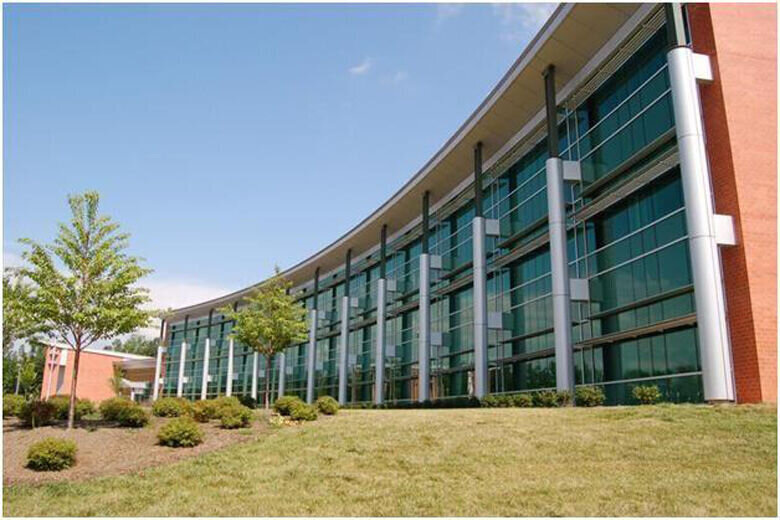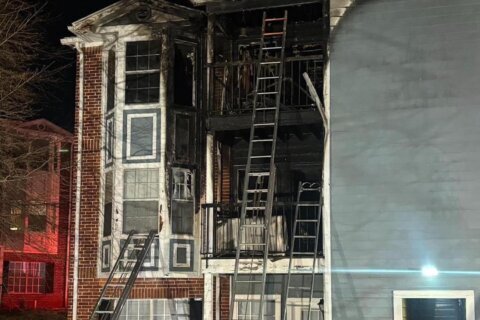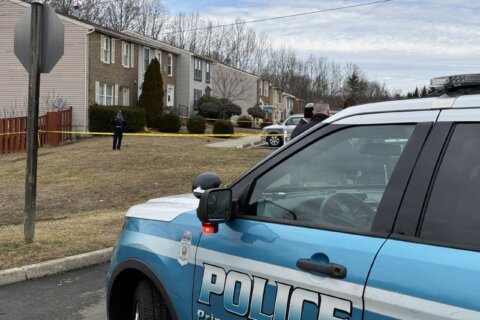This article was republished with permission from WTOP’s news partner InsideNoVa.com. Sign up for InsideNoVa.com’s free email subscription today.

This article was written by WTOP’s news partner InsideNoVa.com and republished with permission. Sign up for InsideNoVa.com’s free email subscription today.
A faction of School Board members are voicing concerns over proposed changes to the Prince William County Public Schools code of behavior, saying it could pile more training and restrictions on school staff in how to discipline bad behavior.
The School Board is expected to vote Wednesday night on a suite of changes and additions to the division’s code of behavior for the 2023-2024 school year. Among the most controversial additions is new language calling for school staff to use “restorative practices” as “a preventative and restorative approach to unwanted behavior” and an “alternative to suspension.”
While the draft of the code of behavior update doesn’t feature any significant changes to the section on categories of behavior and possible responses, it does call for teachers to use a “graduated system which incorporates instructional, restorative, and age-appropriate responses.”
Under the proposed changes, second-tier behavioral misconduct could be met with a “restorative practices conference and/or circle,” according to a draft presented at the June 7 School Board meeting, and educators are called on to “approach discipline from an instructional prevention-based standpoint.”
The draft also includes new sections on “educator cultural competency” and a “multi-tiered system of supports,” calling for disruptive behavior to be met with a “student support team,” goal setting and “early implementation of evidence-based interventions with fidelity.”
Though not always clearly defined, restorative practices often include conferences between students who misbehave, teachers and possibly students affected by the misbehavior, allowing all parties to discuss the behavior and its impacts.
But several teachers and School Board members voiced concerns over the changes earlier this month.
“Until we start inconveniencing parents for those repeat offenders, for the ones who just continually disrupt class and cause that learning environment to go haywire … I think this is just going to persist,” School Board Member Justin Wilk (Potomac) said at the June 7 meeting. “A common feeling that I hear from parents … is that sometimes they believe their principal’s hands are tied, that they would do more and suspend more or enforce harsher punishment if they felt like [they] could.”
Wilk said he would vote against the changes, as he has in previous years, until “we move more towards that hard-line approach.”
In addition to the division’s own changes, the code of behavior will inevitably feature new state-mandated language. After the passage of former Del. Glenn Davis’ 2023 legislation in the General Assembly, principals or “designees” will have to notify parents or guardians of any student involved “in an alleged incident of bullying within 24 hours of learning of the allegation.”
But the division’s draft changes also include new language directly targeting the “hard-line” approach Wilk described, saying research has shown that suspensions, “‘zero-tolerance policies’ and ‘get-tough’ approaches to school safety are ineffective and increase the risk for negative social and academic outcomes, especially for children from historically disadvantaged groups.”
Instead, it says, approaching discipline with “restorative practices” contributes to “a positive school environment and ensures equity, fairness, and continuous improvement.”
According to Dara Duggar, the division’s director of student management, the implementation of restorative practices will be led by the division’s department of tiered instruction and “[diversity equity and inclusion] department.” She also said that support for teachers will be provided throughout the school year to help with the changes.
But School Board Member Lillie Jessie (Occoquan) questioned how teachers might perceive the changes. Many teachers have spoken at length about the ever-growing amount of training that’s mandated by the school division and the state, and Jessie said she wondered how consistently the new methods would be applied.
“I am very concerned with how this thing is going to roll out and how teachers are going to perceive it and whether or not we’re going to have any fidelity or consistency or norms for how to run these groups,” Jessie said. “I’ve been out there and I’ve seen people run groups and those groups run well, but if there are no parameters and you have this little group meeting and everyone’s just talking and nothing happens at the end and the kids are still misbehaving … I’m just concerned that teachers are going to say ‘Another thing to do, it’s too vague for me and … can I still send them to the office?’”
Board member Loree Williams (Woodbridge) spoke up in defense of the changes, saying that the division will “still have [to] discipline” but will also have more clearly-defined tools for how to deal with misbehavior.
“This year, I can’t be more excited about the code of behavior chart of changes. I love it,” Williams said.








